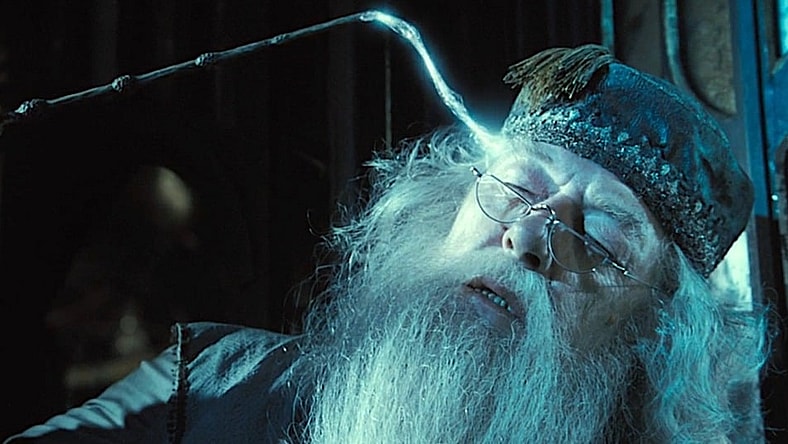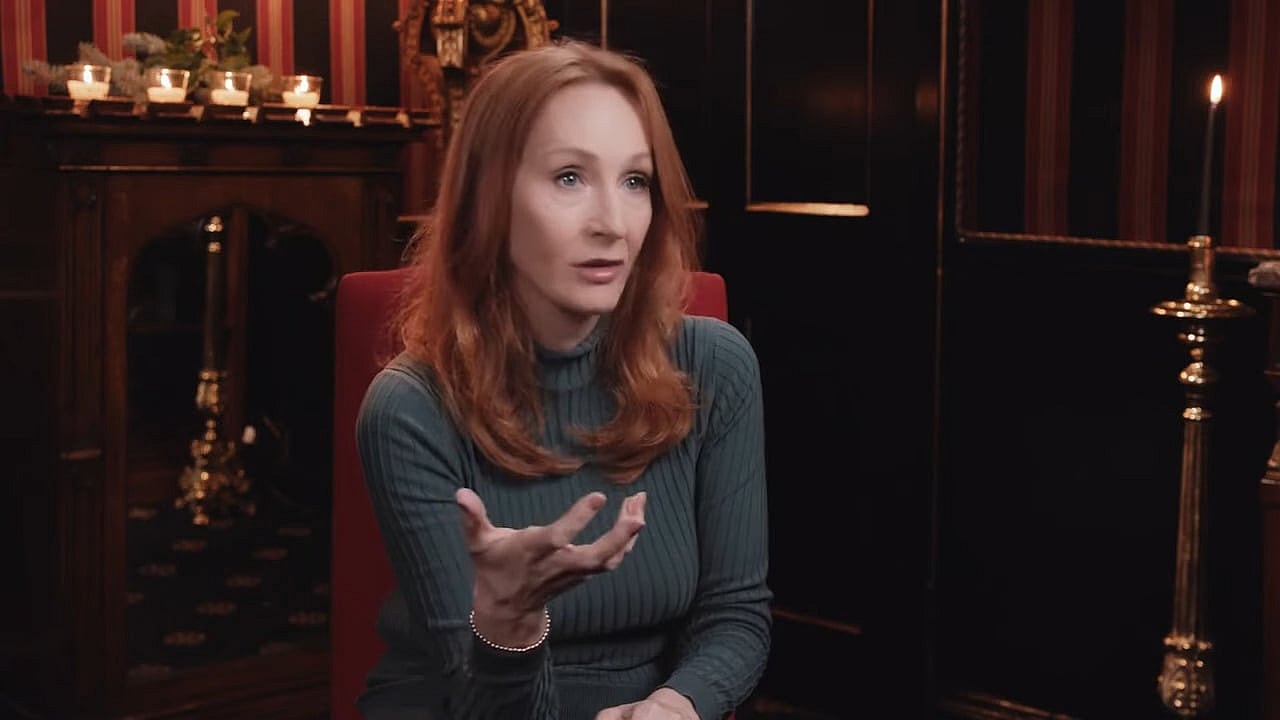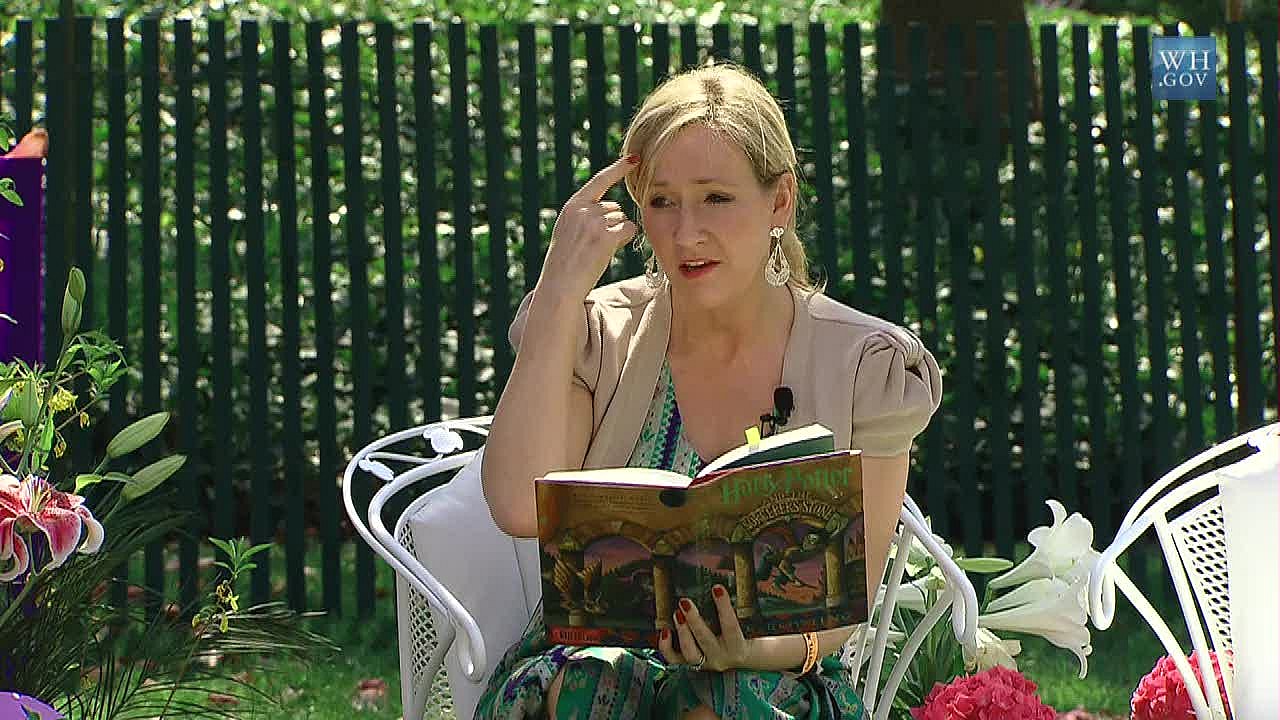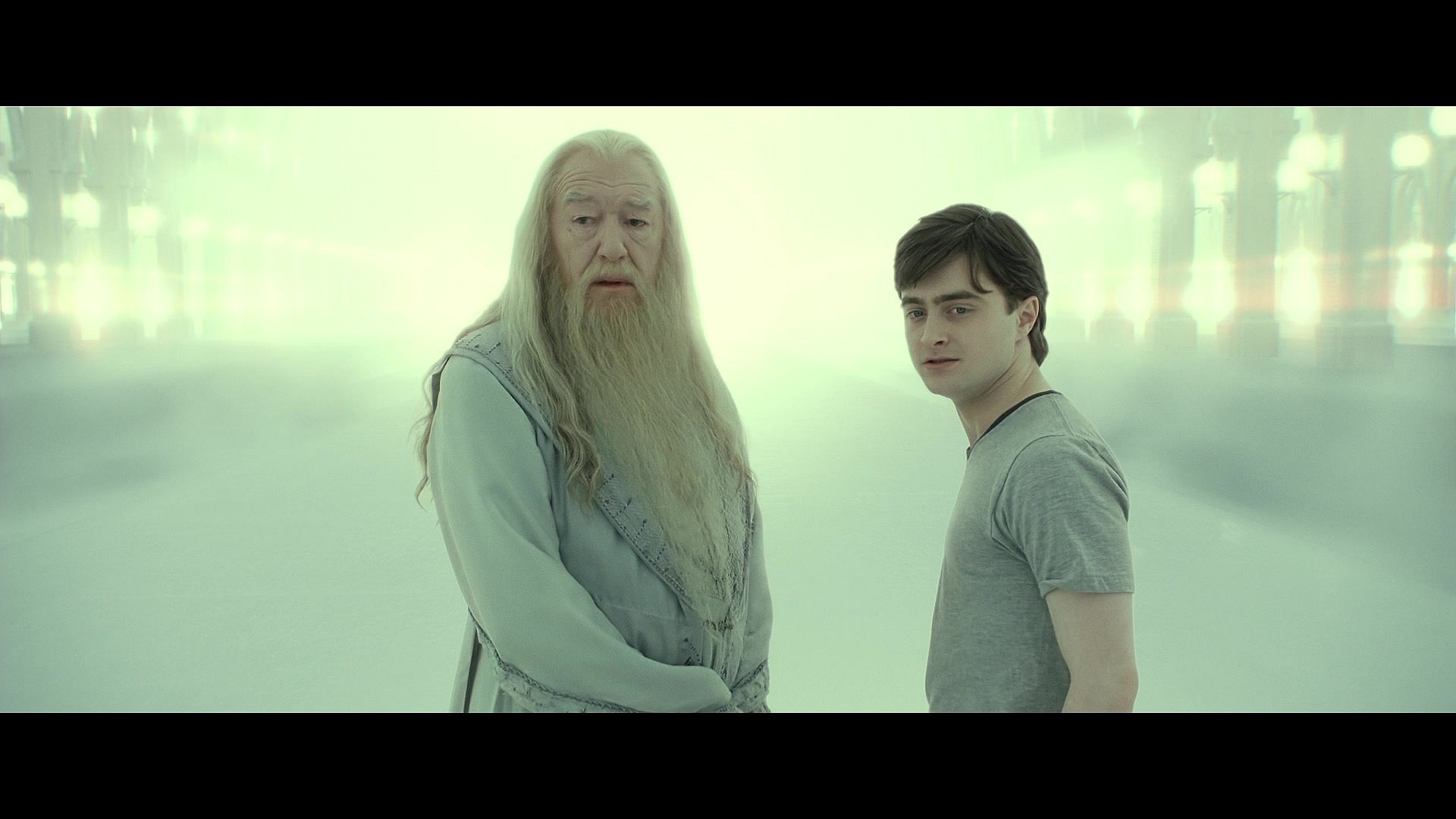Museum Of Pop Culture Removes All References To Harry Potter Author J.K. Rowling Because Of Her Views On Transgender Ideology

Transgender activist and Seattle’s Museum of Pop Culture (MoPOP) project manager Chris Moore has revealed the museum is erasing every trace of Harry Potter author J.K. Rowling due to her “super hateful and divisive views” on transgender ideology.

In a fairly lengthy blog post titled “She-Who-Must-Not-Be-Named,” transgender Museum of Pop Culture project manager Chris Moore — who admitted to being a a board member of the Seattle Trans and Nonbinary Choral Ensemble and ex Harry Potter — confirmed the museum’s decision to remove the “trans-exclusionary radical feminism” (TERF) author for being too vocal on her “super hateful and divisive views.”
“Her transphobic viewpoints are front and center these days, but we can’t forget all the other ways that she’s problematic,” Moore decries, noting, “the support of antisemitic creators, the racial stereotypes that she used while creating characters, the incredibly white wizarding world, the fat shaming, the lack of LGBTQIA+ representation, the super-chill outlook on the bigotry and othering of those that don’t fit into the standard wizarding world, and so much more.”

Moore does point out, however, that the museum has kept all artifacts from the Harry Potter films in Fantasy: Worlds of Myth and Magic gallery, declaring, “They’re there and trying to dance around it would make me look like a bigger hypocrite.”
“Long conversations are being had and a lot of considerations around what to do with problematic people and content because instances like this are going to keep happening,” he further asserted. confessing that his position of manager influenced the Curatorial team and categorized the erasure of the author from the Harry Potter exhibit, as he proceeds to explain the process behind the team’s decision-making once “someone outs themself as holding terrible ideologies.”
“While the Harry Potter series is a major player in the pop culture sphere, we wanted to give credit to the work of the actors, prop makers, and costume designers in our Fantasy gallery,” Moore explained. “We learned that You-Know-Who was a problem, which is why you’ll see the artifacts without any mention or image of the author.”

Pointing out that “inductees are specifically chosen by public voting,” the disgruntled project manager explained, “You-Know-Who was inducted into the Hall of Fame in 2018 before she became the face of trans-exclusionary radical feminism (TERF). If you keep looking in there, you’ll see other figures with questionable if not downright disturbing pasts.”
“For the time being, the Curators decided to remove any of her artifacts from this gallery to reduce her impact. It’s not a perfect solution, but it’s what we were able to do in the short-term while determining long-term practices. As we’ve continued to learn and grow, they’re planning on continuing to add context to creators and content through our blog and possibly in-gallery QR codes.”

Regarding the MoPOP’s dedication to diversity and inclusion, the Seattle activist notes, “Of course, the work for diversity, equity, inclusion, and accessibility is a practice. It’s why you’re seeing more signage in our galleries around harmful language and hateful, abusive, and divisive creators, why we have ongoing conversations and trainings on all kinds of DEIA considerations, and also why I felt safe enough to change my pronouns and start transitioning 4 years ago.”
“It’s something that we take seriously, and we’ll always be striving for improvement. We’re not perfect in this practice, but that’s why it’s called practice,” Moore concluded.

A spokesman for MoPOP told The Telegraph, “MoPOP is proud to support our employees and unequivocally stands with nonbinary and transgender communities. In an increasingly divided world, pop culture can unite, inspire, and spark important conversations.”
“Education and creative expression are the heart of our mission and in our commitment to diversity, equity, inclusion, and accessibility, we strive to elevate those that are left out of the mainstream pop culture conversation, by amplifying voices and stories that are not always seen on museum walls,” the statement concluded.

